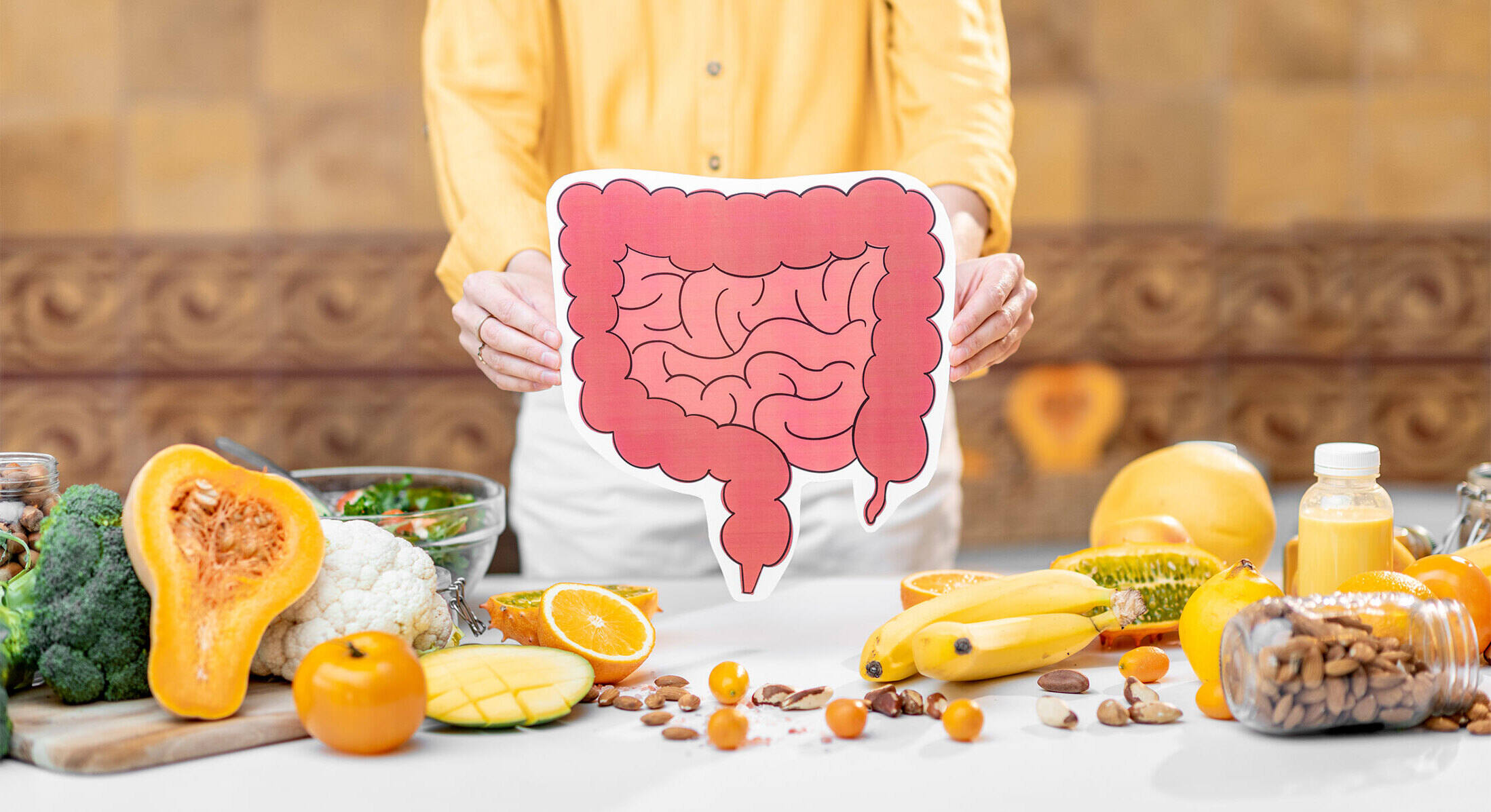
Want to feel better, have more energy, and improve your overall health? Start with your gut! Your digestive system plays a huge role in your well-being. From breaking down food to absorbing nutrients, it’s a busy place. But did you know that a healthy gut can also boost your mood, support your immune system, and even help you sleep better? Improving gut health isn’t just about eating yogurt or taking probiotics. It involves a mix of good habits, smart food choices, and sometimes, a little help from supplements. Ready to learn more? Let’s dive into 32 facts that will help you understand and improve your gut health!
Key Takeaways:
- Eating foods like yogurt, bananas, and leafy greens, and making small lifestyle changes like chewing thoroughly and staying active can help keep your gut healthy and happy.
- Remember to drink water, get enough sleep, and avoid excessive sugar and processed foods. These simple habits can make a big difference in supporting your gut health.
Understanding Gut Health
Gut health is crucial for overall well-being. The digestive system does more than just process food; it impacts immunity, mood, and even skin health. Here are some fascinating facts about improving gut health.
-
Probiotics: These beneficial bacteria help maintain a healthy balance in your gut. Foods like yogurt, kefir, and sauerkraut are rich in probiotics.
-
Prebiotics: These are non-digestible fibers that feed probiotics. Bananas, onions, and garlic are excellent sources.
-
Fiber: A high-fiber diet promotes regular bowel movements and prevents constipation. Whole grains, fruits, and vegetables are fiber-rich.
-
Hydration: Drinking enough water aids digestion and nutrient absorption. Aim for at least eight glasses a day.
-
Fermented Foods: Foods like kimchi, miso, and tempeh are packed with probiotics, which support gut health.
-
Limit Sugar: Excessive sugar can disrupt the balance of gut bacteria. Opt for natural sweeteners like honey or maple syrup.
-
Exercise: Regular physical activity can enhance gut motility and reduce inflammation.
-
Stress Management: Chronic stress negatively impacts gut health. Practices like meditation and yoga can help.
-
Sleep: Quality sleep is essential for a healthy gut. Aim for 7-9 hours per night.
-
Avoid Antibiotics: Overuse of antibiotics can kill beneficial gut bacteria. Use them only when necessary.
Foods That Boost Gut Health
Certain foods are particularly beneficial for gut health. Incorporating these into your diet can make a significant difference.
-
Leafy Greens: Spinach, kale, and other greens are high in fiber and nutrients that support gut health.
-
Berries: Blueberries, strawberries, and raspberries are rich in antioxidants and fiber.
-
Nuts and Seeds: Almonds, chia seeds, and flaxseeds provide fiber and healthy fats.
-
Legumes: Beans, lentils, and chickpeas are excellent sources of fiber and protein.
-
Whole Grains: Oats, quinoa, and brown rice are high in fiber and promote healthy digestion.
-
Apples: Rich in pectin, apples can improve gut health by increasing beneficial bacteria.
-
Ginger: This root can reduce inflammation and aid digestion.
-
Turmeric: Known for its anti-inflammatory properties, turmeric can support gut health.
-
Bone Broth: Contains gelatin, which can help repair the gut lining.
-
Green Tea: Rich in polyphenols, green tea can promote the growth of good gut bacteria.
Lifestyle Changes for a Healthier Gut
Small lifestyle adjustments can have a big impact on gut health. Here are some effective changes you can make.
-
Chew Thoroughly: Properly chewing food aids digestion and nutrient absorption.
-
Eat Slowly: Eating slowly can prevent overeating and improve digestion.
-
Regular Meals: Eating at consistent times helps regulate your digestive system.
-
Avoid Smoking: Smoking can harm gut bacteria and increase the risk of digestive issues.
-
Limit Alcohol: Excessive alcohol can disrupt gut bacteria balance.
-
Mindful Eating: Paying attention to what you eat can improve digestion and reduce stress.
-
Avoid Processed Foods: These often contain additives that can harm gut health.
-
Stay Active: Regular exercise supports overall digestive health.
-
Limit Artificial Sweeteners: These can negatively impact gut bacteria.
-
Stay Positive: A positive mindset can reduce stress and improve gut health.
Supplements and Gut Health
Sometimes, diet and lifestyle changes aren't enough. Supplements can provide additional support for gut health.
-
Probiotic Supplements: These can help restore the balance of gut bacteria.
-
Digestive Enzymes: These can aid in breaking down food and improving nutrient absorption.
Your Gut Health Matters
Taking care of your gut health isn't just about avoiding stomachaches. It's about improving your overall well-being. Eating a balanced diet rich in fiber, probiotics, and prebiotics can make a huge difference. Regular exercise, staying hydrated, and managing stress also play key roles. Avoiding processed foods and excessive antibiotics helps maintain a healthy gut microbiome.
Remember, your gut affects your immune system, mood, and even skin health. Small changes in your daily routine can lead to big improvements. Listen to your body and consult a healthcare professional if you experience persistent issues. Prioritizing gut health can lead to a happier, healthier you. So, start today and give your gut the attention it deserves.
Frequently Asked Questions
Was this page helpful?
Our commitment to delivering trustworthy and engaging content is at the heart of what we do. Each fact on our site is contributed by real users like you, bringing a wealth of diverse insights and information. To ensure the highest standards of accuracy and reliability, our dedicated editors meticulously review each submission. This process guarantees that the facts we share are not only fascinating but also credible. Trust in our commitment to quality and authenticity as you explore and learn with us.
